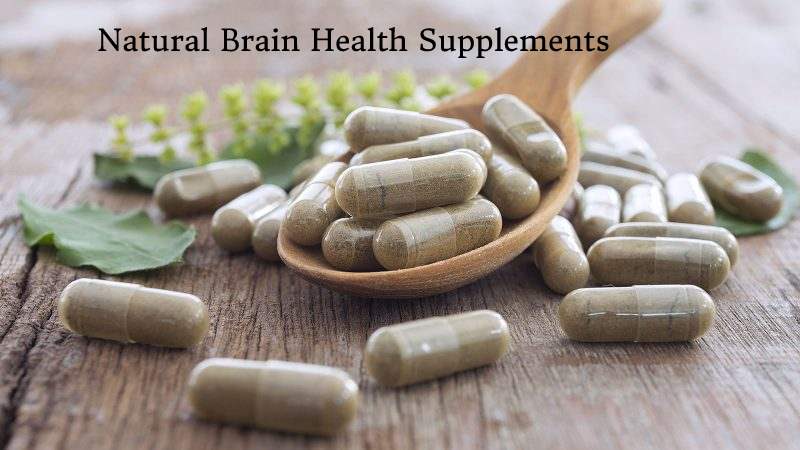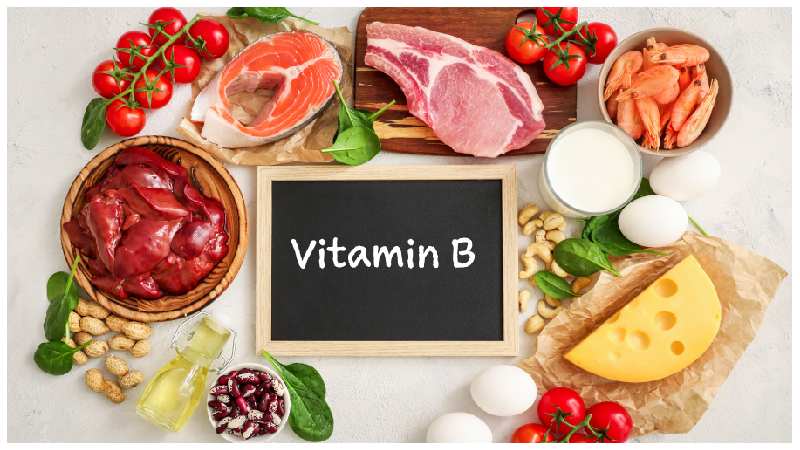Natural Brain Health Supplements:
Table of Contents
Introduction
You can do many things to maintain your brain shape, like doing sudoku, playing cards, reading, puzzles, and joining the jigsaw puzzle. We should consider this as cross-training for the brain. Doing different types of activities can increase the effectiveness of the brain.
Folate, or vitamin B9, is a popular supplement and essential critical vitamin that helps support the brain, balance physical health, neurological health, and optimal neurotransmitter function. Another benefit is that it allows us to encourage cellular detoxification.
“sharpens attention.” “Improves memory.” ” These are only uncommon promises made on the supplements that 25% of persons over 50 take to maintain brain function. Are these goods functional? Since the FDA doesn’t require manufacturers to demonstrate that supplements are sufficient as long as they don’t make any claims for specific ailments, the information is frequently ambiguous. Here are some things that experts know and don’t know about some of these well-liked items.

B Vitamins
The brain’s health remains influenced by B vitamins such as folic acid (B9), B6, and B12. However, a supplement is unlikely to help unless you’re deficient in them or expecting them (folic acid is essential to prevent congenital disabilities). Ask your doctor if you are at high risk for Alzheimer’s. It is still unclear whether vitamin B supplementation can improve cognitive function. To keep sharp, it would be preferable to stick with food sources like leafy greens.

Caffeine
The hazards are related to caffeine overdose, which can make caffeine tablets and also powders which is undesirable. If it is not, as long as it doesn’t disturb you from your sleep or that can make you jittery, you can also drink the coffee without any guilt. Some may benefit your brain. It is restorative, which helps to boost your mood and increases energy by hampering the brain’s adenosine receptors.
L-theanine
L-theanine, is a natural happening amino acid, that appears to have the capacity to enhance mental performance, particularly when paired with coffee. Most studies have been small; one from 2019 included 30 participants. Green tea is a safe bet until additional research remains: It naturally contains L-theanine, caffeine, and antioxidants that may also benefit your physical and mental health.
Omega-3s
Lower risk of dementia has remained linked to the typical Mediterranean diet, including seafood high in omega 3. But do omega-3 dietary supplements work? Numerous research, including one funded by the National Institutes of Health, haven’t demonstrated that yet. One possible exception: According to a 2017 analysis, those who start taking the supplements early may benefit, especially if they have the APOE4 gene variant, which is still associated with Alzheimer’s.
Vitamin E
Free radicals, particularly those that might harm brain cells, are fought off by this antioxidant. But in-depth investigations on whether vitamin E supplements might fend off dementia haven’t produced promising outcomes. However, at least one study discovered that they might prevent Alzheimer’s in those who currently have it from worsening. For the time being, doctors advise that most healthy individuals stick to foods like nuts, seeds, and vegetable oils.
Ginkgo Biloba
Ginkgo pills are common in traditional Chinese medicine, but current research indicates that they probably won’t keep your memory sharp. The most carefully planned investigations, most notably the Ginkgo Evaluation Memory study, which involved 3,000 older persons, revealed that ginkgo doesn’t prevent or slow dementia despite some studies’ suggestions.
Ginseng
Another widely used supplement from Asia is ginseng, which remains frequently used with ginkgo. Studies have indicated that ginseng may be a significant brain enhancer, similar to ginkgo. But when researchers focused on the highest-caliber studies, the results failed to hold up: There is “no persuasive evidence,” according to a survey of multiple experiments, that ginseng would keep your mental faculties sharp.
Conclusion
It’s okay if we don’t have all the answers. Please inform the doctor that you don’t know much about your family medical history or to discuss the information you see with them. They can guide you through it and perhaps suggest other places to look. Even if you don’t have all the facts, whatever information you have can still be helpful.
Related searches Natural Brain Health Supplements
supplements for brain health
brain booster
best supplements for focus and concentration
vitamins for brain fog
vitamins for the brain for adults
best brain supplements dr oz
what vitamins and minerals are good for the brain?
brain supplements for students

